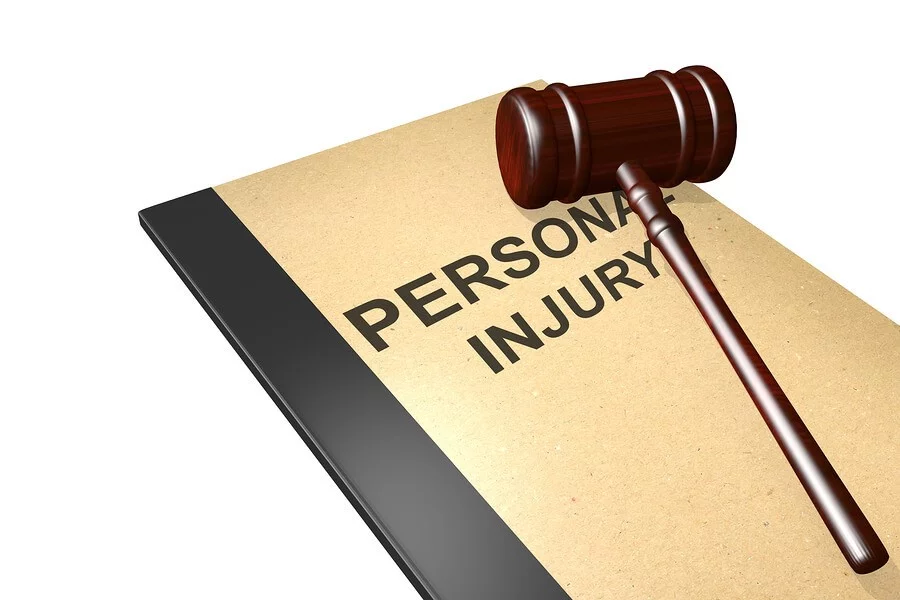
Earlier this week, the Superior Court of California, County of Los Angeles held that a personal injury lawsuit against Gilead Sciences Inc. may proceed, causing HIV patients across the state to cheer in a small, but promising victory.
The lawsuit began in May 2018, when California patients living with HIV filed a personal injury lawsuit against Gilead, seeking to hold the Bay Area drug manufacturer accountable for actions around its promotion of the tenofovir disoproxil fumarate’s (“TDF”) drug formulation while knowing that a safer alternative existed. The lawsuit also seeks to hold Gilead responsible for failing to warn patients of the damaging side effects, including permanent kidney and bone damage. The personal injury lawsuit also claims that Gilead deliberately and maliciously suppressed from the market the alternate and safer formulation, TAF, in order to extend sales of its existing medications that included TDF.
In response to the lawsuit, Gilead filed a demurrer seeking to have all legal theories dismissed. The Superior Court rejected all but one of Gilead’s arguments, and held that the plaintiffs’ allegations were sufficient to move forward, aside from strict liability. This means that plaintiffs can continue with the following theories: negligent products liability, breach of implied warranty, and breach of express warranty.
The initial complaint filed specifically states that at the time Gilead “designed, manufactured, and sold [TDF products], Gilead knew, or should have known, the TDF was highly toxic in the doses prescribed and risked permanent and possibly fatal damage to the kidneys and bones.”
The lawsuit also alleges that Gilead was well aware of TAF, and that it would be a safer alternative, long before its TDF products were approved by the FDA in 2001. The alleged reasoning for such actions is the “monopoly profits” enjoyed by Gilead on its TDF-containing drugs. The lawsuit states that in 2015, Gilead earned 90% Non-GAAP Product Gross Margins, and profited $18.1 billion in that year alone.
In support of its claims, the lawsuit notes that the FDA issued multiple warnings to Gilead regarding its TDF marketing practices, stating that Gilead’s sale representatives had violated the law by giving doctors and patients false and misleading information regarding the side effects. In a 2002 FDA Warning Letter, it was stated that Gilead sales representatives falsely stated that TDF had “no toxicities,” “was benign,” and was “extremely safe.” Then in a 2003 letter, the FDA required Gilead to re-train its sales staff to provide accurate information regarding the side effects.
The lawsuit demands a jury trial and requests the following damages: general damages, past and future medical expenses, past and future loss of earning capacity, future medical monitoring, special damages, punitive damages, and attorney’s fees.
Both of the named plaintiffs took Gilead’s drugs as party of “highly active antiretroviral therapy” to treat and manage HIV infection. Plaintiff Michael Lujano was prescribed Gilead’s TDF-based products from 2004 to 2015. Then in 2016, at the age of 35, he was diagnosed with osteopenia and osteoporosis of the spine, neck, and hip. Another plaintiff, Jonathan Gary, took Gilead’s TDF products from 2001 until 2011. In 2010, at the age of 59, he was diagnosed with osteopenia and osteoporosis.
